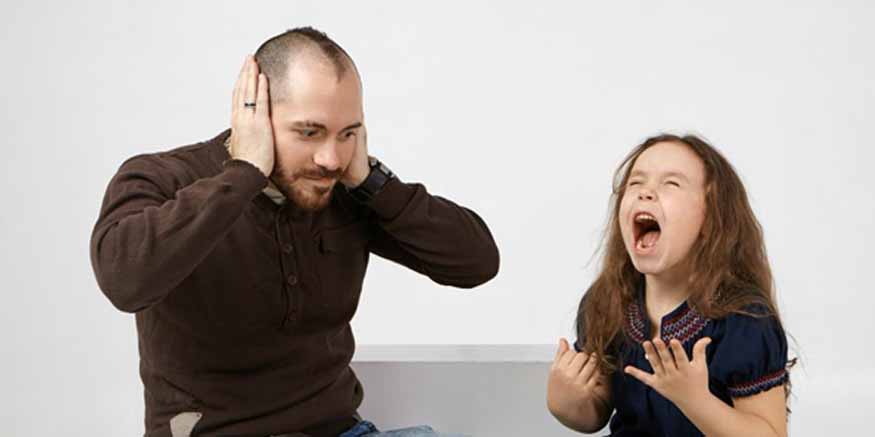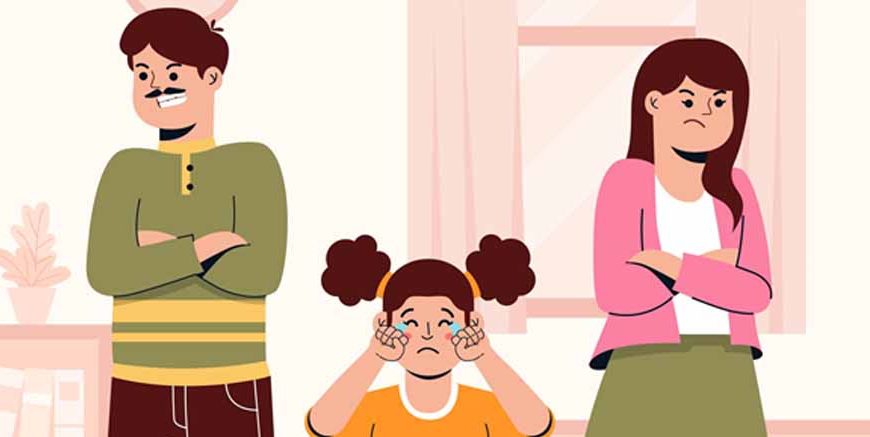Parenting is a complex procedure of support, instruction, and choices, which form the lives of these young people. In this journey, there are different ways that have been developed by parents, this is according to the different philosophies that are in existence. Among these, the permissive style can particularly be deemed to possess appreciable features to set it apart from the other styles; as well as the perpetual controversy it garners continually among students in child development. Welcome to the guide on permissive parenting where we will take a closer look at the nine major elements of this particular approach to child rearing.
Table of Contents:
- Permissive Parenting Style
- What is Permissive Parenting Style?
- Characteristics of Permissive Parenting Style
Permissive Parenting Style
The position of a parent can be compared to an accomplishment of a process that is given with many tests, joy and many decisions. Of all the styles of parenting practiced by parents, the permissive type of parenting has been identified to have several peculiarities that attract attention. This approach being as it may is debatable in the field of child development and psychological science with proponents and opponents.
What is Permissive Parenting Style?
Authoritative and permissive parenting or indulgent parenting refers to high response combined with low expectations from children. While parents, who address discipline in this way, are caring and attentive, they enforce few standards and requirements that the child is supposed to follow. The fact that helicopter parents exist was established when a developmental psychologist, Diana Baumrind was working on several types of parents in 1963.
In a permissive home, children are likely to make most of the decisions themselves at a young instance than children from an authoritative home. Instead of educators, parents become friends who do not argue with their children, and punishment for violations is almost never administered. Despite the fact that this kind of approach can contribute to independent work and creativity evolution, this approach also possesses certain disadvantages that we will consider in this article.

Characteristics of Permissive Parenting Style
Let’s delve into the nine key characteristics that define the permissive parenting style:
- Minimal Rules and Guidelines
- High Responsiveness to Children’s Desires
- No training for Compliance with Authority
- Unnecessary liberty in decision making
- Friendship Over Power- A Comparative Look
- Self Grooming
- Low Expectation Level for the Adolescent’s Mature Behaviour
- Avoidance of Confrontation
- It always stresses freedom of self over subjugation of self
Permissive parents typically establish few rules for their children. When rules do exist, they’re often inconsistently enforced. This lack of structure can lead to confusion for children about acceptable behaviour and boundaries. While it may seem liberating, children actually benefit from clear, consistent guidelines that help them understand their world and develop self-discipline.
The degree of pay-attention to children’s demands and requisites also can be considered as the significant part of the permissive approach. Sometimes such parents are always ready and able to fulfill all the demands of their children and make them realize the need to wait for something or even work to achieve it.
Pulling an example from the subject, in permissive households the child is very unlikely to ever be punished. It is suspected that parental rejection occurs to prevent conflict within the family or because the mother or father thinks that reprimanding is detrimental to the child. However, I would prefer to note that this procedure may greatly interfere with the child’s possibility to learn something even elementary and, on the second part, to understand that he/she is to be punished for the actions he/she has committed.
Permissive parents let the child make choices which are probably unsuitable for the child’s age or maturity level. As much as it is implorable to encourage independence, giving children too much control at too early an age equals making poor decisions without comprehending the factors involved.
A significant number of parents demand that their kid respect them not as a parent, but as a pal. Having a warm relationship is good but protective. They also need direction at times from their parents. Often too much emphasis on parental-child interaction may cause some lack of distinction when it comes to following roles in the family.
Another example for applying the positive reinforcement in use and anticipation of disgrace is the attitude of permissive parents who always cannot deny their children things they want. Such indulgence may be as a result of desire to please their children or to avoid a confrontation. However, use may bring the problems in managing disappointments when one grows up or the lack of financial accountability.
In permissive families, they provide their children with very little or no rules that children of their age should follow. Some might vest immature or irresponsible behaviours by a child in that abstract notion of “kids being kids” even if the kid is fully capable of doing better. It can also delay a child’s emotional and social development.
Permissive parents most often avoid confrontation with children. They may be forced to yield to pressure or sectarian requirements or just ignore some undesirable behaviour to ensure order is kept in the home. While this must have been making a noble provision of pride in unity or bringing togetherness within the family it may come out as a big problem when solving issues that are characterized by strife and conflict as humans are.
The permissive parenting style often tends to encourage the child to indulge in self-assertion and.png. What is more, despite all these forming essential facets of child development, often they are taught at the cost of proper instilling of self-control and related to its norms. Students who are raised in permissive families may end up being adults who have poor self-control.
However, there are also beneficial outcomes that one might link to certain so-called permissive attitudes towards children. Adolescents who received permissive parenting tend to have high self-esteem, good interpersonal skills, and high level of creativity. They may also have an excellent interaction with the parents, easy to talk to hence guaranteeing the appropriate parental embrace and support.

Thus, the very fact that the details of this type of permissive parenting lets parents or any other caregivers who might want to pursue this approach to child rearing understand that this is indeed the best practice. Understand the strengths and weaknesses of this style, parents will attempt to love the child; and see order, which is paramount for the child’s development.
For more such interesting blogs, Visit EuroKids














